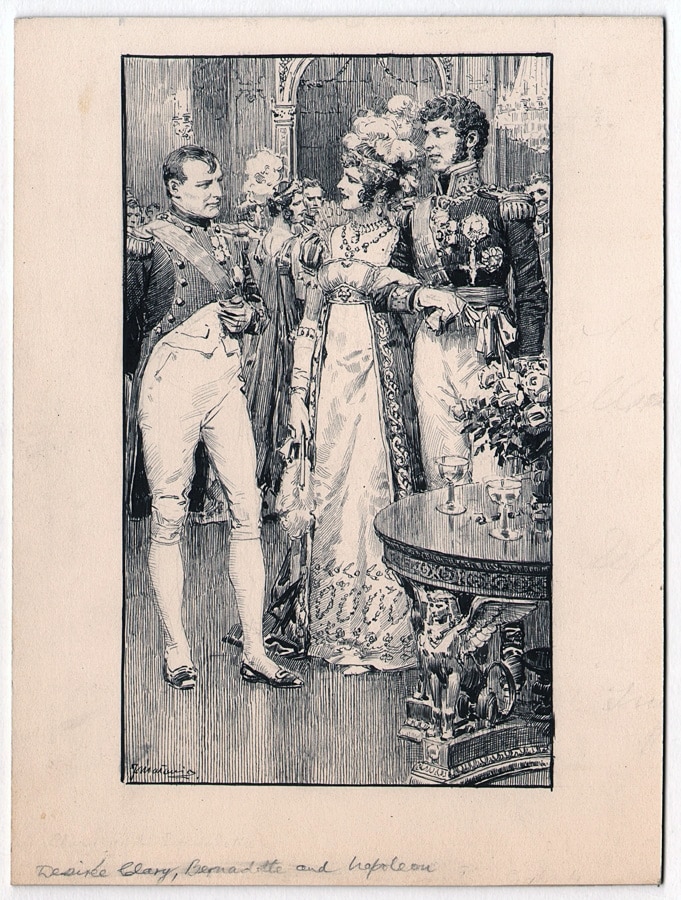
ADVERTISEMENT - CONTINUE READING BELOW
The Fortunate Bernadotte
Jean-Baptiste Jules Bernadotte had risen rapidly through the ranks in the French Revolution. He went from sub-lieutenant in 1792 to brigadier general in 1794. As he campaigned in the Low Countries, Germany, and Italy, Bernadotte developed a reputation as a disciplinarian who kept his troops under tight control. In 1796, he saved the French army in Germany from destruction after its defeat by the Austrians, and ensured its safe retreat across the Rhine. Bernadotte first met Napoleon in 1797, and the two developed a friendship that eventually ended because of rivalries and misunderstandings. While relations were still good, however, Napoleon recognized Bernadotte’s talents, and in 1804, appointed him a Marshal of France. Napoleon went further in 1805, and made Bernadotte Prince of Ponto Corvo in Italy.
Relations began to sour amidst the Prussian campaign in 1806. Napoleon severely criticized Bernadotte for his failure to bring his corps to the hard-fought battles of Jena-Auerstadt, and nearly court-martialed him for dereliction of duty. The relationship collapsed at the 1809 Battle of Wagram, after which Napoleon relieved Bernadotte of command for ineptness. Fortune smiled on Bernadotte soon thereafter, however, when Baron Morner paid him a visit. While Bernadotte had not been a great general under Napoleon, he had been a humane one. After one battle, he treated Swedish prisoners kindly enough that, when they returned to Sweden, they reported good things about him. That took place just when Sweden was in search of a crown prince.

